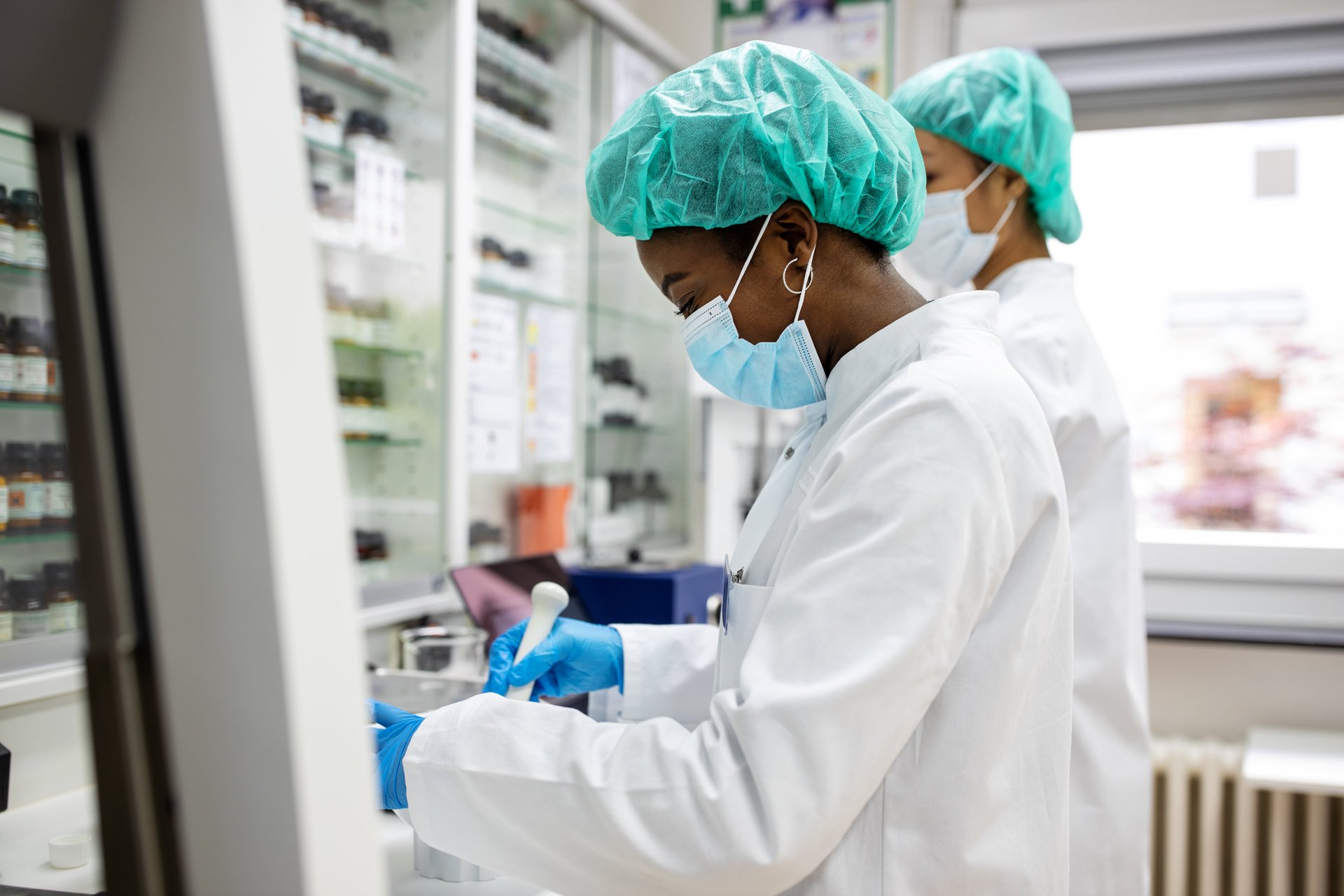Google-backed, AI-developed drugs are headed to trial by 2026, DeepMind CEO says
Isomorphic Labs wants to use AI to help treat "all the big disease areas," Demis Hassabis said

Drugs developed by Alphabet’s drug discovery subsidiary and designed by artificial intelligence are expected to head to trial by the end of the year, according to a Google (GOOGL) executive.
Suggested Reading
“AI applied to science is a lot richer than just the language models,” Google DeepMind CEO Demis Hassabis and the founder of Isomorphic Labs during a panel at the World Economic Forum in Davos, Switzerland, on Tuesday.
Related Content
“We’ll hopefully have some AI-designed drugs in the clinic by the end of the year. That’s the plan,” he added.
The four-year-old Isomorphic Labs was spun off from DeepMind in 2021 as a stand-alone subsidiary under Alphabet. In July, it announced deals to work on research with Eli Lilly & Co. (LLY) and Novartis (NVS) to leverage its AI technology — namely AlphaFold, its model that predicts a protein’s 3D structure — to discover therapeutics against multiple targets.
“We’re looking at oncology, cardiovascular, neurodegeneration, all the big disease areas, and I think by the end of this year, we’ll have our first drug,” Hassabis told The Financial Times on Tuesday.
But Isomorphic Labs isn’t the only company working on AI-designed drugs. Interest in leveraging AI to help quickly discover new treatments has been booming.
“There’s a huge public health need to develop new antibiotics quickly,” Stanford University Professor James Zou, who used generative AI to help creature structures and chemical recipes for six drugs, said last year.
“Our hypothesis was that there are a lot of potential molecules out there that could be effective drugs, but we haven’t made or tested them yet,” he added. “That’s why we wanted to use AI to design entirely new molecules that have never been seen in nature.”
Insilico Medicine, a Hong Kong-based startup with offices in New York and Boston, became the first company to send an AI-designed drug to clinical trials in 2023.
The drug, INS018_055, was designed to treat idiopathic pulmonary fibrosis, the most common type of pulmonary fibrosis, a disease that causes scarring on the lungs. There’s currently no cure for the disease, according to the United Kingdom’s National Health Service. Trials are still ongoing, but Insilico in November said topline results from its study showed positive results.
Earlier this month, Insilico released positive topline results from two phase 1 trials of an AI-designed drug meant to help people with Inflammatory Bowel Disease. The startup also said researchers had used its AI-driven platform to identify potential treatments for endometriosis.